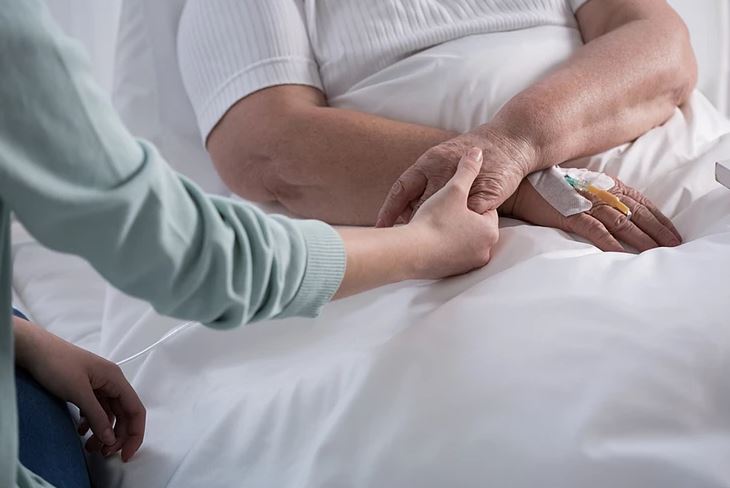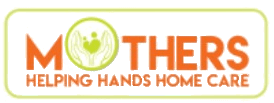One of the factors that all of the different varieties of cancer have in common is that they can show up in families. That reality alone might be enough to make your senior jumpy about discussing the possibility of cancer.

Early Detection Is Key
Screenings and tests are a vital part of detecting cancer before it has a chance to grow and to spread throughout the body. Many times people see these tests as uncomfortable, like in the case of mammograms. Other times, the test itself isn’t uncomfortable, but the results might be scary, so it’s easier to just avoid the test altogether. But the earlier a problem like cancer is detected, the earlier a treatment plan can be put into place.
Learn about Risk Factors
Every type of cancer has certain risk factors associated with it. In many cases, general risk factors, like smoking or too much exposure to the sun, can be a big enough reason to get screenings done. Other factors, like the fact that family members have had a specific type of cancer, can’t be ignored, either. Hereditary factors aren’t completely understood, but they are an important risk factor.
Research the Signs and Symptoms
There are so many different types of cancer, but they can share some of the same types of symptoms. For instance, your elderly family member might simply not feel right or herself, especially for longer than a few days. Pain, unexplained weight loss, and lumps or bumps are also signs that need to be investigated further. Any symptoms that are unusual warrant a trip to your senior’s doctor.
Keep up with Doctor’s Appointments
This is also one of the big reasons for keeping up with doctor’s appointments. Unusual symptoms tend to stand out and your senior’s doctor can then do something about them. If your elderly family member has trouble with driving or insists that she can’t get to her doctor because of transportation, find alternatives, like having senior care providers drive for her. Solving any potential obstacles can get her the early treatment that she needs to beat big problems like cancer.
If your elderly family member has a family history of cancer of any type, it’s really important to pay attention to what might be going on with her health. The sooner that you can spot potential issues, the sooner she can get started on treatments that are most likely to do what she needs them to do.
If you or an aging loved-one are considering in-home, please call the compassionate, caring staff at Mothers Helping Hands Home Care. Call Today! 470-260-4137.
